Ready to learn more?
Get all the details straight to your inbox!
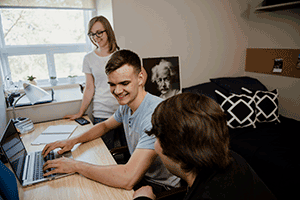
Wondering where to live? Our student residence, The Student Village at Luther College, is considered a great choice for first-year student accommodation. Individual private rooms mean you can stick to your own schedule and you never have to deal with roommate hassles.
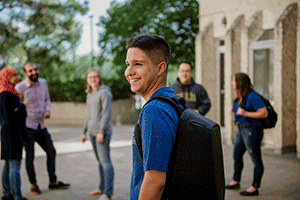
To enrol as a Luther College student, simply fill out the University of Regina application form and select Luther as your campus of choice.

Luther College students are eligible for nearly $100,000 in academic awards – in addition to scholarships and bursaries awarded by the U of R.
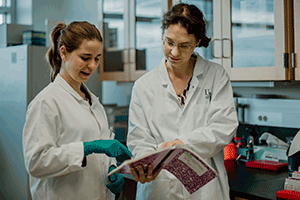
Luther College offers Bundles programs that group together first-year students and classes to give you a great start and help ease the transition from high school to university.
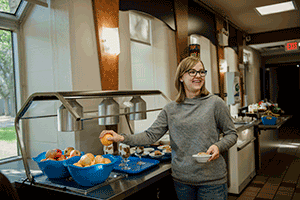
Living in The Student Village at Luther College, our student residence, comes with a choice of healthy, nutritious meal plans. That means no grocery shopping, no meals to cook, and no dirty dishes to worry about. You can focus on your studies and wellness!

Smaller class sizes at Luther College means more individualized attention and better connections with your professors, classmates, and academic advisors.
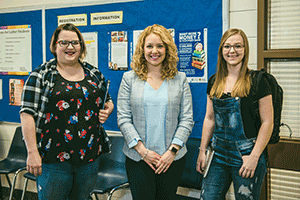
The priority deadline for academic application is March 15. To book a personalized enrolment counselling appointment, contact our Recruitment Office at 1-306-206-2117.
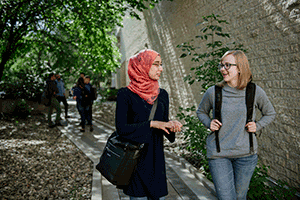
You can book a tour of Luther College, the U of R campus, and our student residence, The Student Village at Luther College, any time throughout the year. Contact our Recruitment Office at 1-306-206-2117.
Get all the details straight to your inbox!
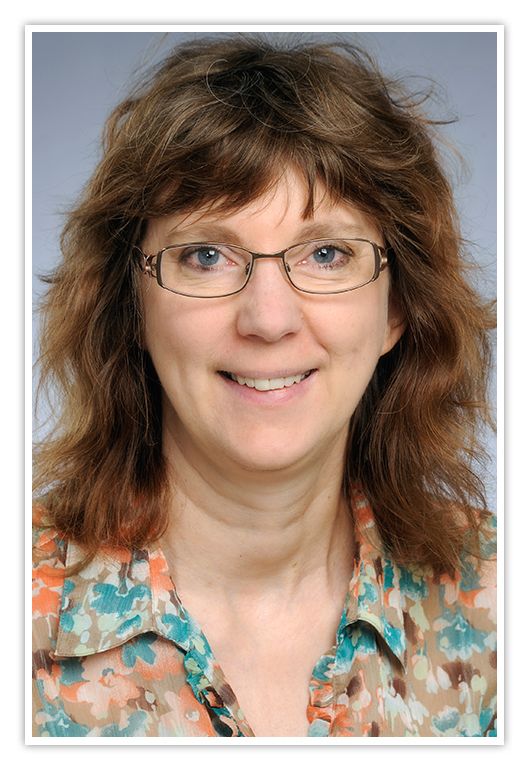 By Yvonne Petry (History)
By Yvonne Petry (History)
One of my most memorable moments as a student came while I was attending the Lutheran Theological Seminary (LTS) in Saskatoon, where I studied for a semester after my B.A. and before my M.A. I was taking two courses from Dr. John Kleiner: “History of the Reformation” and “History of Jewish-Christian Relations”. From the very first day of class in the winter of 1988, Dr. Kleiner was a professor I knew I would like. He certainly possessed a keen intellect and vast knowledge, qualities that I had seen in most of my professors up to that point. However, he added to the expected scholarly attributes a dry sense of humour and a genuinely affable, good-hearted nature. He really seemed to enjoy teaching and interacting with his students.
The day that stands out in my mind most clearly occurred during the course on Jewish-Christian relations. Most of the course material was historical in nature, but on one particular day, Dr. Kleiner spoke about his German upbringing, and related an incident from his own childhood when, for reasons he didn’t fully understand himself, he said something mean to a Jewish boy in his class. As he told us this story, his eyes teared up. I had never before seen any professor – and certainly not a male history professor – talk about something so personal and reveal such candid emotion. The lesson I took from that day is that professors really are people, and that becoming an academic doesn’t mean discarding or camouflaging one’s humanity or one’s vulnerability.
Dr. Kleiner was a friend and mentor to me for many years afterwards. Based on the two courses that I took from him at LTS, I decided to pursue graduate studies in Reformation history. My studies at both the master’s and doctoral level involved the history of Jewish-Christian relations, a legacy of the interest that he had sparked in me that first semester. Dr. Kleiner passed away in 2004, and I still miss his kindness, warmth, good sense, and thoughtful guidance.